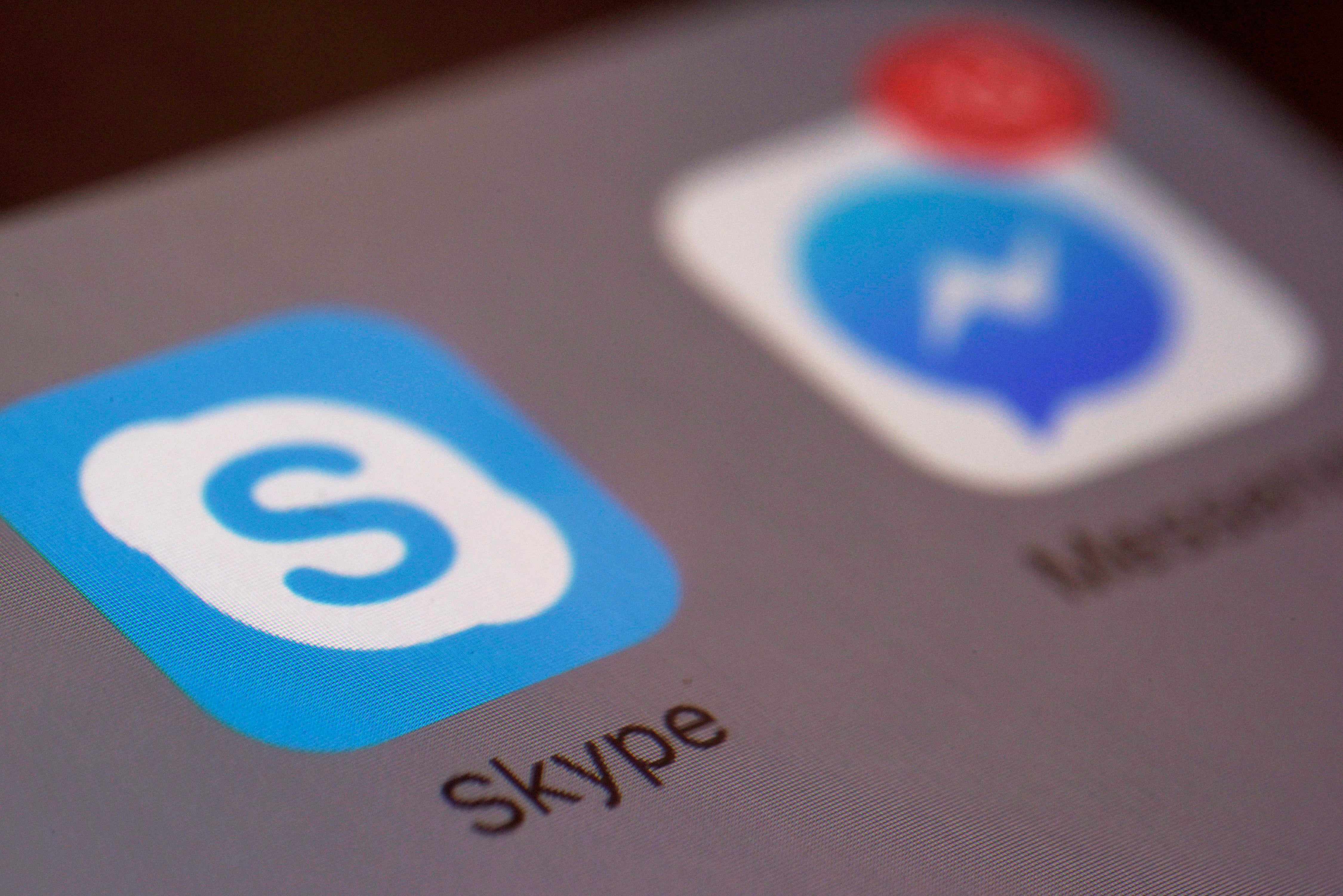REDMOND, Wash. (AP) — Microsoft is closing down Skype, the video-calling service it bought for $8.5 billion in 2011.
The tech giant said Friday it will retire Skype in May and shift some of its services to Microsoft Teams, its flagship videoconferencing platform. Skype users will be able to use their existing accounts to log into Teams.
Microsoft has for years prioritized Teams over Skype and the decision to fold the brand is part of a broader shift in how people communicate online.
Founded in 2003 by a group of engineers in Tallinn, Estonia, Skype was a pioneer in making telephone calls using the internet instead of landlines. It added video calls after online retailer eBay bought the service in 2005.
By 2011, when Microsoft bought it from eBay, Skype had about 170 million users worldwide, then-Microsoft CEO Steve Ballmer said in an event announcing the planned merger.
“The Skype brand has become a verb, nearly synonymous with video and voice communications,” Ballmer said.
Skype was still considered high-tech in 2017 when recently inaugurated President Donald Trump’s administration used it to field questions from journalists far from the White House press briefing room.









